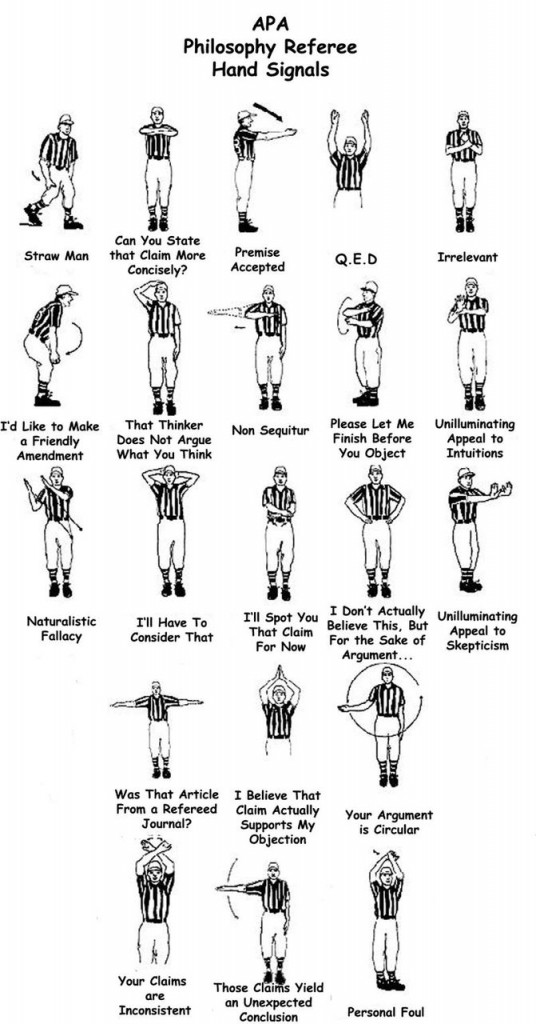1974 was a cynical time. That was the year that Nixon resigned after the grueling Watergate scandal, Vietnam War was finally grinding to a halt and, thanks to the Oil Shock of ’73, the economy was in the toilet. It was also a time when TV execs were scrambling to keep up with America’s rapidly changing cultural tastes. Audiences wanted something with a little edge. The TV adaptation of Robert Altman’s lacerating war comedy MASH became a huge hit. As did All in the Family, about everyone’s favorite armchair bigot Archie Bunker. Saturday Night Live was just a year away from premiering. So it isn’t surprising that execs from ABC approached the “usual gang of idiots” at Mad Magazine — that fount of anti-authoritarian satire — about making a series. The resulting pilot, which was later rebranded as a TV special, never aired because it provided way too much edge for the network. You can watch it above.
The show, culled from some of the better bits from the magazine, features art from Don Martin, Mort Drucker, Al Jaffee and Dave Berg – names that will be very familiar to you if you grew up obsessively reading the magazine as a child, like I did – and the animation was supervised by Jimmy Murakami along with Chris Ishii and Gordon Bellamy.
The network claimed that the show was shelved because it had too much “adult” humor. In this post-South Park, post-Family Guy world, the adult humor in this show, by comparison, seems downright tame. What the Mad Magazine TV Special does have in abundance is withering barbs. Something about translating the cynical, adolescent humor of the magazine from the page to screen made its satire feel much, much sharper. During their parody of The Godfather, called the Oddfather, mafia don Vito Minestrone (groan) tells a group of mobsters that their gang war must stop. “We must stop destroying each other and start destroying the plain, ordinary citizens again. Like normal American businessmen.”
The show’s most caustic zingers, however, are reserved for America’s bloated, complacent auto industry where a Walter Cronkite-like journalist interviews auto exec Edsel Lemon. In five or so minutes, the bit unsparingly lays out why GM and Ford eventually lost out to Toyota and Honda – crappy cars, lousy safety, and an upper management that was as mendacious as it was shortsighted. While field testing a new model, which involved coasting the car down a hill, Lemon quips, “If our prototype can go 500 feet without falling apart we’ll put it into production.” This seemingly explains how the Ford Pinto got made.
In the end, the networks squeamishness with the show was more due to its ridicule of an industry with deep pockets than with its toilet humor. As Dick DeBatolo, the MAD’s maddest writer, who penned much of the show noted, “Nobody wanted to sponsor a show that made fun of products that were advertised on TV, like car manufacturers.”
Related Content:
Shel Silverstein Narrates an Animated Version of The Giving Tree (1973)
Watch 1970s Animations of Songs by Joni Mitchell, Jim Croce & The Kinks, Aired on The Sonny & Cher Show
A Short History of America, According to the Irreverent Comic Satirist Robert Crumb
Watch the First Animations of Peanuts: Commercials for the Ford Motor Company (1959–1961)
Jonathan Crow is a Los Angeles-based writer and filmmaker whose work has appeared in Yahoo!, The Hollywood Reporter, and other publications. You can follow him at @jonccrow. And check out his blog Veeptopus, featuring pictures of vice presidents with octopuses on their heads.


